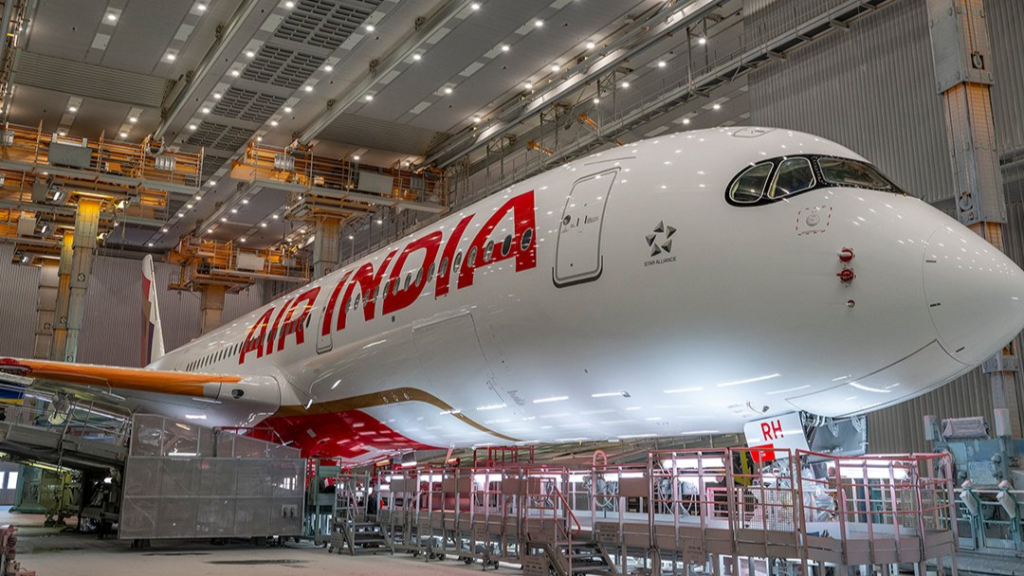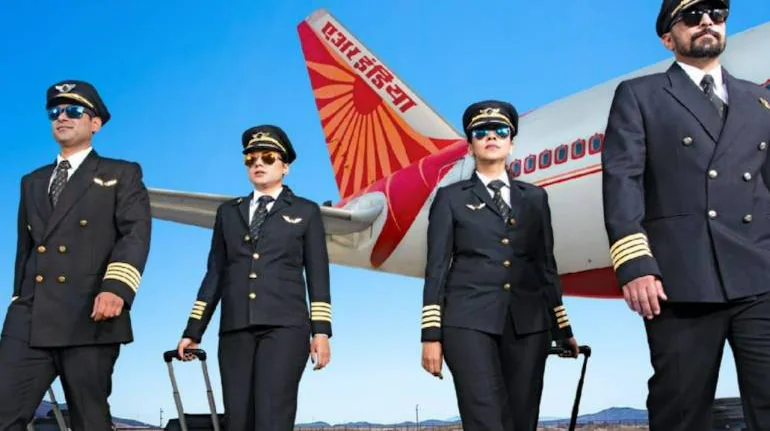GURUGRAM- Tata-owned Indian FSC Air India (AI) Managing Director and Chief Executive Officer Campbell Wilson stated that the airline’s robust risk monitoring and fraud prevention system have successfully averted revenue losses exceeding Rs 3 crore over the past 18 months.
Wilson shared this achievement in his weekly Friday message to Air India’s staff. Also, he announced the forthcoming delivery of the second wide-body A350 aircraft, expected to be in operation by January next year.

Air India Risk Monitoring
Airlines are often a prime focus for fraudsters, who attempt various schemes such as using stolen credit cards on our websites or making fraudulent claims for frequent flier miles, as noted by Wilson.
The airline has established a dedicated risk monitoring and fraud prevention unit, emphasizing the importance of thwarting fraudulent transactions.
Wilson shared with employees that, thanks to the unit’s vigilance and close collaboration with airport personnel, it has successfully prevented revenue losses exceeding Rs 3 crore in the last 18 months.
He added that the former vulnerabilities of Air India have significantly decreased as the airline modernizes its systems. With continued investments in cutting-edge capabilities, they are poised to outsmart criminals in the future.
Wilson also mentioned that the airline recently delivered its first A320neo (VT-RTF) from a batch of 25 narrow-body planes announced for lease last year.
Four new A321neos are already in operation, while the remaining 20 A320neos are set to arrive progressively between now and August 2024.
He further informed that the second A350 (MSN 558/VT-JRB) is presently undergoing livery changes and other necessary modifications in Toulouse. It is expected to join the fleet in New Delhi in January 2024.

Introduced A New Pilot Tool
Campbell Wilson, CEO of Tata Air India (AI), announced in a letter to employees on October 6th that the company has introduced a new tool called “Airport Briefing” to enhance pilot situational awareness and mitigate risks.
In the letter, he mentioned, “Following the standardization of Electronic Flight Bags (EFBs) and the introduction of DocuNet, we have now introduced Airport Briefing – another technological tool that will significantly enhance the situational awareness of our pilots.”
Airport Briefing enables pilots to use their iPad EFB (Electronic Flight Bag) devices to understand operating conditions at airports within the network comprehensively. This preparation helps them handle unexpected situations and reduce risks.
Wilson noted that more than 300 pilots attended the introductory sessions for this tool.
Additionally, Wilson discussed the five-day “Managing Global Airlines” course conducted by Boeing and Cranfield University, which was exclusively offered to Air India. He attended the final session of this course before departing from Delhi.
The course covered a wide range of topics, including aviation law, airline economics, alliances, revenue management, and cargo. It was attended by 40 participants from various teams within Air India, including those from fleet acquisition, network planning, cargo strategy, aircraft leasing, product, and strategic procurement.
Stay tuned with us. Further, follow us on social media for the latest updates.
Join us on Telegram Group for the Latest Aviation Updates. Subsequently, follow us on Google News.

